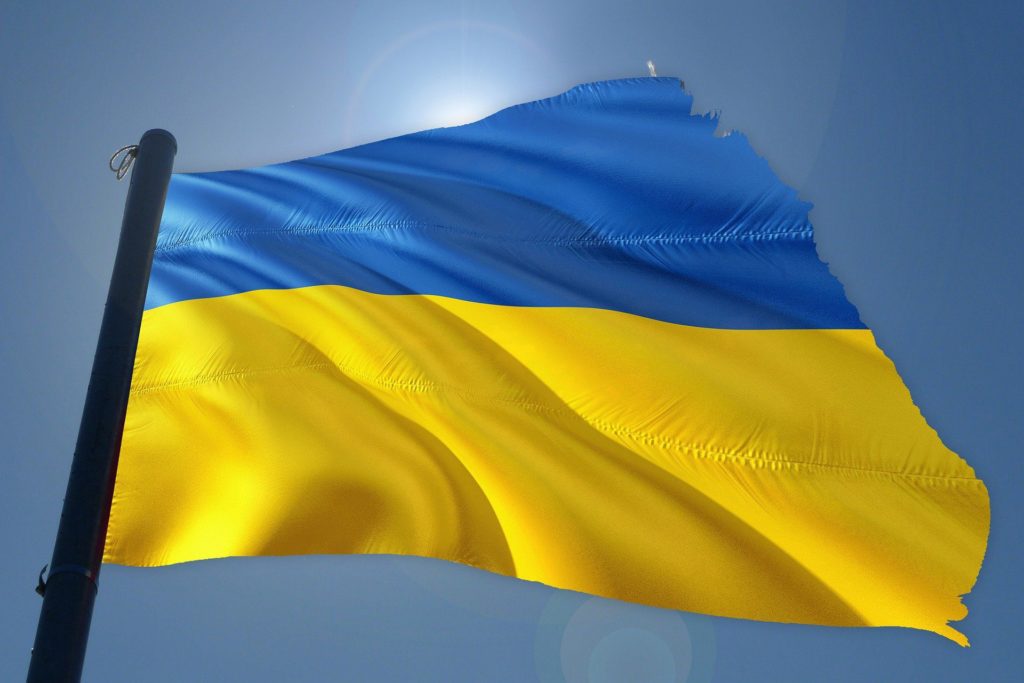As you are probably aware, a war is raging in Ukraine right now—Russia is exerting its dominance over its western neighbor. In response to this unprovoked action, the western world has united in imposing economic sanctions against Russia, decimating its economy. So, what does this mean for the US economy? And what does it mean for markets? IMPACTS ON OUR ECONOMY The Russian economy is the world’s 11th largest economy. Over 60% of its GDP comes from its natural resources. Russia has already started to reciprocate the west’s sanctions with a throttling of its natural exports—this will have a two-fold effect. First, it will cause the price of oil and gas to increase. Second, it will choke the Russian economy further. The United States does not import that much from Russia in the grand scheme of things. That means that Russia’s response will likely have little impact on the United States in general. However, there is a possibility that the United States will be pulled into a more significant role in this conflict. If that happens, the economic impact of military action can potentially result in a period of high inflation and low economic growth—stagflation. While I see stagflation as a slight possibility, I believe the potential is increasing. WARTIME MARKETSThere have been 25 military conflicts worldwide since World War 2—several of those conflicts have yet to be resolved. Here’s how the markets have responded during some major non-US world conflicts over the past several decades:The Aden Emergency (1963-1967)—the stock market didn’t decline significantly during the war and was up ±40% by the time the war ended.Falklands War (1982)—the stock market dropped by ±10% during the war and shot up immediately afterward to end the year up ±35%.Bosnian War (1992-1995)—the stock market didn’t react to the war initially, but it flatlined in 1994. The market was up ±40% by the time the war ended.Kosovo War (1998-1999)—the stock market dropped by ±5% shortly after the war began and was up ±30% by the end. While I have analyzed stock market performance during international conflicts, the truth is that they are not correlated—I hope you can see that in these numbers. That means that the US economy is influenced by disruptions in the supply chains of its trade partners, but it operates independently of international conflict. HOW TO INVESTConflicts come and go. International conflict rises and falls. Financial disasters pass. If you invest on the basis that there is no conflict in the world, you would never invest. To put this point to bed, if you had bought $10,000 in all the stocks in the S&P 500 at the end of World War 2 and held on (despite all conflicts that have happened since then), you would have over $3 million today (assuming dividend reinvestment). So, when the markets react to the possibility or potential that some conflict or issue will have a significant long-term impact on the US economy, it is likely overblown when you have a long-term perspective. So, don’t let recent market swings scare you away from sound investing—stick to your financial plan, and you’ll be alright! Ü
Wartime Markets
Economy Investing Saving Your Money Stocks & The Markets
Signup For Our Newsletter
Signup for our newsletter to stay up to date with the newest financial trends
See How We Can Help You
With a combination of planning, consulting, and investing services, the Sterling team gives you all the resources you need to Plan Your Financial Future.
Get In Touch


